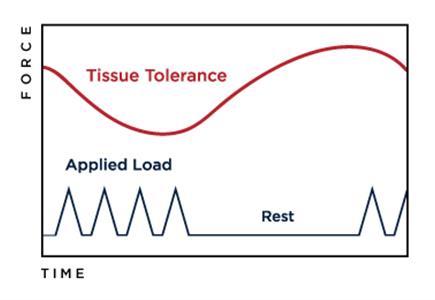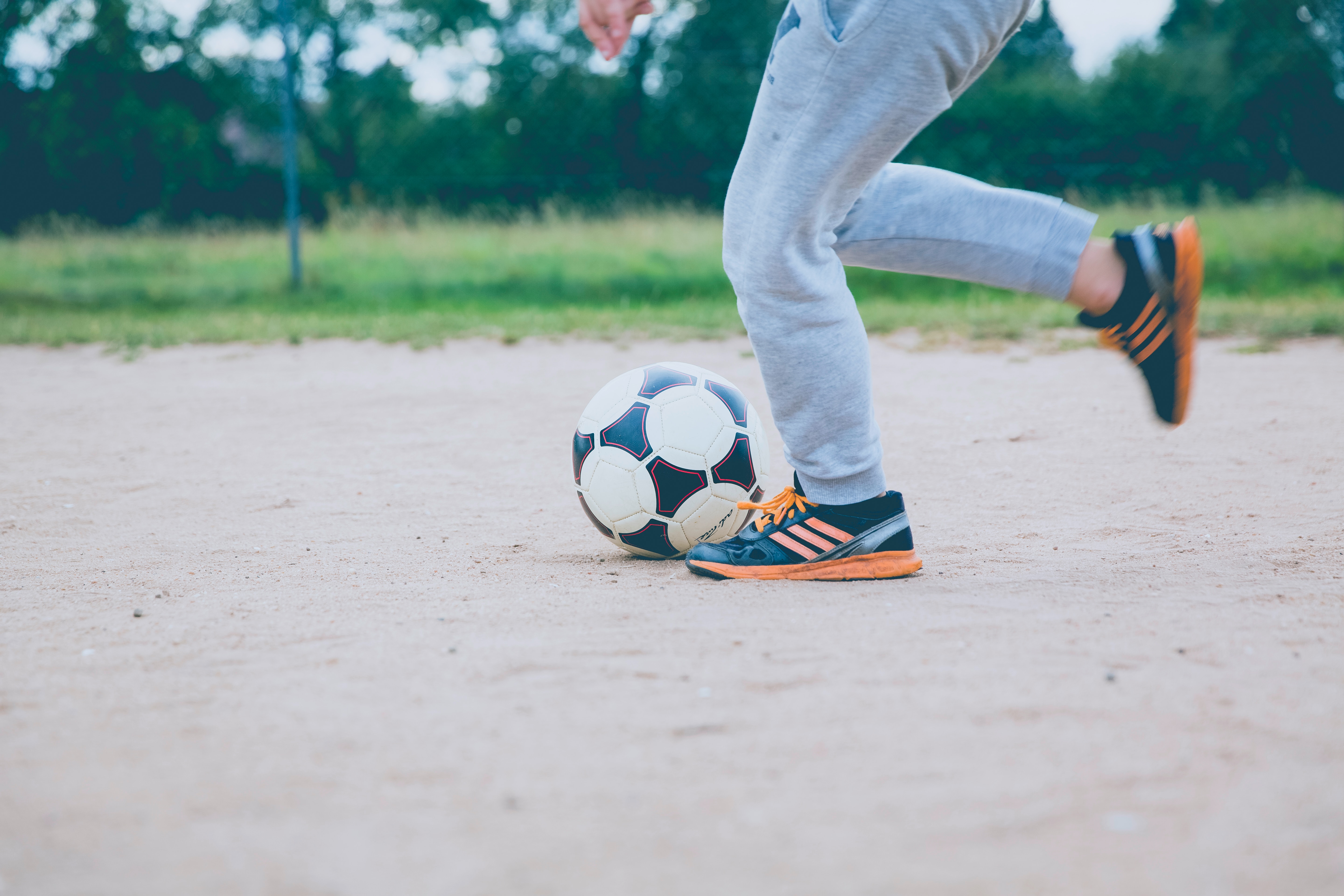What are the ways to prevent injury when returning to sport?
As sport returns and lockdown rules are starting to ease, sportspeople and weekend warriors are chomping to get out there again!
- There is always a risk of injury in returning to the sport after an extended period of time off. This is particularly relevant with the additional closure of gyms, and for those who have been moving less than ever by working /studying from home over this period.
- With decreased activity or training, it’s not just our fitness or muscles that deconditions… The bones, tendons, and joint surfaces also lose strength, which puts you at a higher risk of injury.
- These changes are exaggerated for children who continued to grow during the lockdown period, there can be dramatic changes in body mass, since they last played a sport, especially in adolescents.
Here are our tips for returning to sport/training WITHOUT getting injured!
SLOW AND STEADY WINS THE RACE

Increase your training volume steadily and slower than you think. Your body takes time to adapt to certain training load. It’s tempting to go back into our old routines straight away, but
start at about 75% of your training load and intensity, and gradually increase this slowly week by week.
GET SOME STRENGTH WORK IN AROUND YOUR SPORT
 Chances are over the last few months the muscles that support and protect your joints aren’t as strong as they were pre-lockdown.
Chances are over the last few months the muscles that support and protect your joints aren’t as strong as they were pre-lockdown.
Targeted preventative strengthening programs to supplement your training will help reduce the likelihood of overuse and non-contact/contact sporting injuries, and it is a great way to improve your performance!
For sports that involve sudden changes of direction (soccer, football, netball) prioritizing single-leg strength and control plays a huge part in injury prevention.
RECOVER RECOVER RECOVER
Recovery is as important as the training itself, the time spent recovering is when your muscles are rebuilding, your tissues are getting stronger and tendons becoming robust to sustain more training. Start with a rest day between every training session. Initially, you will feel like your body can keep training, but it may catch up with after a few weeks of consistent training.
USE A PROFESSIONAL TO GUIDE THE RETURN TO EXERCISE, SPORT OR ACTIVITY
Like anything using a Personal Trainer or Physio to help guide your return to exercise can be important to returning without getting injured and performing better! Aside from providing structure and direction to your training program, it will provide accountability to your training and goals.
Any questions about an injury shoot us a message, give us a call on (02) 4751 9127
or book a session online here.
Written by Kieran Fercher
(Physiotherapist)





